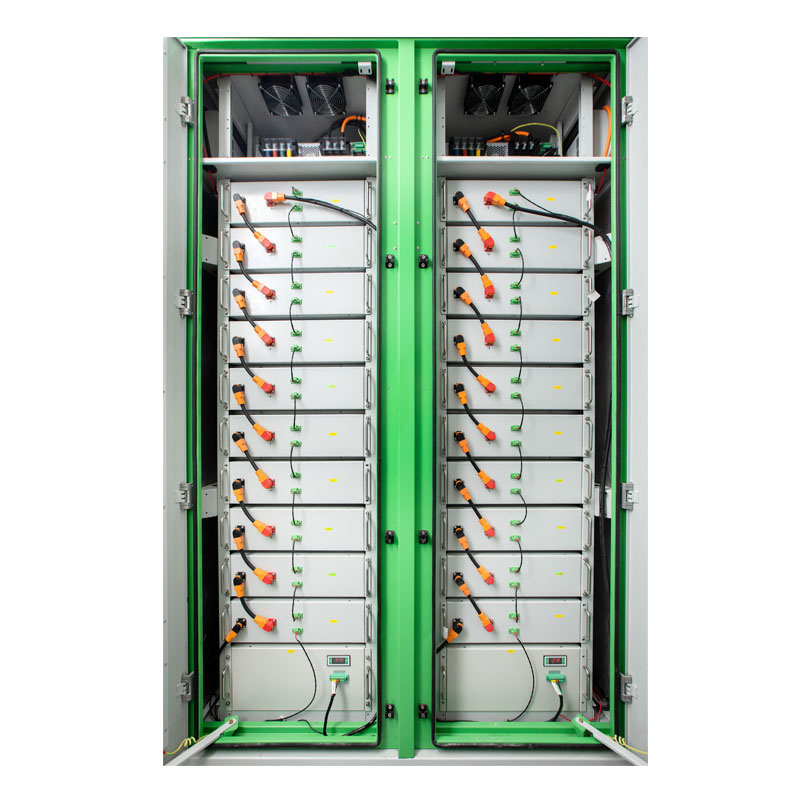
2 月 . 11, 2025 09:38 Back to list
portable energy storage market
Navigating the portable energy storage market unveils a world where innovation meets necessity, driven by a global shift towards sustainable living and the ever-growing demand for mobile power solutions. As people increasingly rely on electronic devices in diverse environments—from urban to off-grid settings—portable power solutions have become essential. This burgeoning market offers a range of products characterized by different capacities, technologies, and applications, which can cater to both consumer and industrial needs.
Industrially, portable energy storage solutions play a crucial role in sectors such as construction, emergency services, and disaster recovery. The ability to provide reliable power in remote and challenging situations cannot be overstated. For instance, hybrid generators combined with powerful battery packs offer seamless power for tools, reducing operational downtime and enhancing efficiency. These systems often incorporate rugged designs and are capable of weathering extreme conditions, further illustrating the adaptability and necessity of portable power solutions. The rise in smart technology integration within portable energy storage units is also noteworthy. Many contemporary devices come equipped with Bluetooth or Wi-Fi connectivity, enabling real-time monitoring via mobile applications. This functionality allows users to track energy usage, monitor battery health, and even schedule charging times to align with off-peak electricity rates. These smart features not only maximize efficiency but also provide an enhanced user experience, bridging the gap between technology and convenience. As experts and industry leaders advocate, safety remains paramount in the portable energy storage sphere. Regulatory standards and rigorous testing protocols are crucial in guaranteeing product reliability and user safety. Consumer trust is built on certifications such as CE, UL, and IEC, ensuring products meet international safety and quality benchmarks. In conclusion, as the portable energy storage market continues to grow, innovation and user-focused design remain at the forefront. The convergence of technology with sustainability underscores a future where portable energy solutions not only meet the demands of modern life but also contribute to broader environmental goals. By understanding consumer needs and addressing industry challenges, portable energy storage providers are well-positioned to lead the charge towards a more connected and sustainable world. This dynamic market beckons stakeholders to adapt continuously and innovate, ensuring they remain competitive while supporting a more sustainable, energy-efficient future.


Industrially, portable energy storage solutions play a crucial role in sectors such as construction, emergency services, and disaster recovery. The ability to provide reliable power in remote and challenging situations cannot be overstated. For instance, hybrid generators combined with powerful battery packs offer seamless power for tools, reducing operational downtime and enhancing efficiency. These systems often incorporate rugged designs and are capable of weathering extreme conditions, further illustrating the adaptability and necessity of portable power solutions. The rise in smart technology integration within portable energy storage units is also noteworthy. Many contemporary devices come equipped with Bluetooth or Wi-Fi connectivity, enabling real-time monitoring via mobile applications. This functionality allows users to track energy usage, monitor battery health, and even schedule charging times to align with off-peak electricity rates. These smart features not only maximize efficiency but also provide an enhanced user experience, bridging the gap between technology and convenience. As experts and industry leaders advocate, safety remains paramount in the portable energy storage sphere. Regulatory standards and rigorous testing protocols are crucial in guaranteeing product reliability and user safety. Consumer trust is built on certifications such as CE, UL, and IEC, ensuring products meet international safety and quality benchmarks. In conclusion, as the portable energy storage market continues to grow, innovation and user-focused design remain at the forefront. The convergence of technology with sustainability underscores a future where portable energy solutions not only meet the demands of modern life but also contribute to broader environmental goals. By understanding consumer needs and addressing industry challenges, portable energy storage providers are well-positioned to lead the charge towards a more connected and sustainable world. This dynamic market beckons stakeholders to adapt continuously and innovate, ensuring they remain competitive while supporting a more sustainable, energy-efficient future.
Latest news
-
High-Performance Energy Storage Systems | OEM & ESS Solutions
NewsAug.26,2025
-
Next-Gen Energy Management System: Save Energy & Costs
NewsAug.25,2025
-
Intelligent Energy Management: Optimize & Save Power Smartly
NewsAug.24,2025
-
Boost Efficiency with Smart EMS & Energy Management Systems
NewsAug.23,2025
-
Smart Energy Management System | Save Costs & Boost Efficiency
NewsAug.22,2025
-
Advanced Energy Management Systems: Optimize & Save Costs
NewsAug.19,2025


